Now is the Time to Protect Your Loved Ones from Mosquito Bites!
Bug season has begun almost everywhere in the United States and it is very important to make sure you are doing all you can to prevent bites.
A new report by The Centers for Disease Control and Prevention (CDC) published on May 1, 2018 found that diseases caused by mosquitoes, ticks and fleas have more than tripled in the United States between 2004 and 2016.
27,000 insect-borne diseases were reported to the CDC in 2004. In 2016, this grew to 96,000.
The CDC believes these numbers grossly underestimate the actual number of cases due to under-reporting and because people with mild symptoms may not seek medical attention at all.
We are going to focus on the report findings about mosquitoes and mosquito borne disease in this post. (You can read the full CDC report here: https://www.cdc.gov/vitalsigns/pdf/vs-0518-vector-borne-H.pdf)
It is believed that warmer weather is a key cause of the increase in disease
Mosquito populations are growing and moving into new areas where they thrive in warmer weather. In addition, bug seasons are getting longer, leaving people exposed for longer periods. Lyle Petersen, Director of CDC’s Division of Vector Borne Diseases, stated in an interview with the Washington Post that warmer weather tends to make mosquitoes get infected faster and to be more infectious. He said that the virus amounts in mosquitoes increase in warmer weather. Then, when they bite, they transmit greater quantities of the virus thereby increasing the chances of making people sick.
There are a number of other factors that are contributing to the increase in insect borne diseases
One is the greater number of overseas travelers who may be infected with a mosquito-borne disease like Zika virus or dengue fever and bring it home. Infected mosquitoes may also be hidden in cargo imported from abroad.
(Centers for Disease Control and Prevention)
West Nile Virus
Most of the major mosquito borne disease outbreaks have happened in US territories including Puerto Rico, American Samoa and the Virgin Islands. The exception is disease outbreaks caused by the West Nile Virus which is now found everywhere on the continental United States except Maine. There have been major outbreaks of West Nile virus disease in the continental United States between 2004 and 2016.
Having personally had West Nile virus, I can vouch for the fact that this is a disease you want to avoid!
Most people infected with West Nile virus do not show any symptoms.
One in 5 people who are infected with West Nile virus develop a fever sometimes accompanied by other symptoms like headache, joint aches, vomiting, diarrhea and rash. Most people with this type of disease recover completely but may experience fatigue or weakness that can last for weeks or months.
One in 150 people who are infected with West Nile virus develop a severe central nervous system illness. Symptoms of severe illness include high fever, headache, neck stiffness, stupor, disorientation, coma, tremors, convulsions, muscle weakness, vision loss, numbness and paralysis. Severe illness can occur at any age but people over 60 are at a greater risk along with people who have chronic conditions like cancer, diabetes, hypertension, and kidney disease, as well as people who have had organ transplants. Recovery in theses cases may take weeks or months and some central nervous system effects may be permanent. One in 10 people with severe West Nile virus disease die.
(For more details about West Nile virus and disease visit: https://www.cdc.gov/westnile/)
There is no preventative vaccine or antiviral treatment available for West Nile virus. Pain relievers can be used to treat fever and other symptoms. With severe illness, hospitalization may be required with supportive treatments such as intravenous fluids, pain relievers and intensive nursing care.
The best way to prevent getting West Nile virus is to prevent mosquito bites.
What can you do to prevent mosquito bites?
1. Use mosquito nets inside and outside.
Even with air conditioning, mosquitoes can enter any room as doors and windows open and close. For the best protection, it is a good idea to sleep under a mosquito net during bug season. To ensure that no mosquitoes sneak into the net, tuck the net into the mattress and all the way around the bed. Simply lift the net on your side of the bed, get in or out, and then tuck it back in. (Hanging mosquito nets over beds can also transform a bedroom into a magical place. You can add ribbons, cloth flowers, and other accents to match your decor.)
Mosquito nets can also be used outside in many ways:
- Cover kiddie pools, dining tables and chairs, and picnic tables.
- Hang nets over or inside of a patio umbrella or gazebo.
- Take nets camping to cover your tent, your dining area, your car windows (if you sleep in your car), etc.
- Nets can be hung over porch swings, hammocks, chaise lounges, really anywhere you might be relaxing and bothered by bugs.
- It’s important to protect babies and small toddlers from bug bites. Hang nets over cribs, playpens, strollers, bassinets, cradles, etc.
And remember that mosquito nets also protect you from flies, bees and other insects!
2. Wear loose fitting, light colored clothing
- Especially at dawn and dusk, wear long pants, long sleeves and socks. Mosquitoes love to bite ankles, so socks, ideally covered in mosquito repellent, are ideal.
- Research has shown that darker colors attract mosquitoes and that mosquitoes can bite through tight fitting clothing, so loose fitting and light colors are the best choice.
- If you are in a particularly buggy place, get a mosquito net to cover a hat to protect your face, neck and ears. Or use a bandana under a hat to cover your neck and ears.
3. Use an EPA-approved insect repellent
DEET
Picaridin
IR3535
All natural: Essential Oil of lemon eucalyptus
- The CDC and EPA recommend using a repellent that contains either DEET, Picaridin, IR3535, oil of lemon eucalyptus, para-methane-diol (PMD) or 2-undecanone.
- To confirm that your repellent is EPA-approved, click here: https://www.epa.gov/insect-repellents
- Be sure to follow the instructions on the bottle, and reapply as directed.
- Apply sunscreen, let it dry, then apply repellent.
- Don’t spray repellent on your face; put some on your hands and then rub it on your face, avoiding your eyes and mouth.
- Be sure an adult puts insect repellent on a child.
- Do not use insect repellents on children under 2 months old. Be sure to protect them with mosquito nets instead while in a crib and while in a playpen or stroller.
4. To prevent mosquitoes from laying eggs, remove standing water both inside and outside of your home or vacation rental
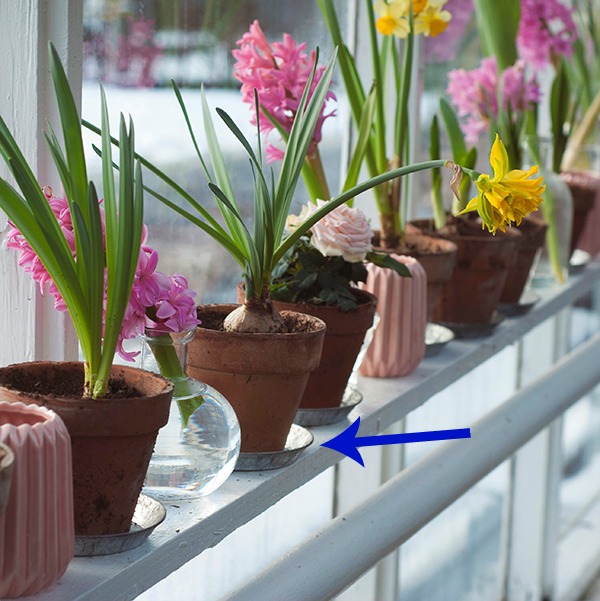
Only female mosquitoes bite humans and carry disease. Females need blood from humans or animals in order to produce eggs. A female mosquito can lay eggs in a tiny amount of water–less than a bottlecap full.
One way to prevent mosquito breeding is to regularly empty anything that has water in it both inside and outside of your house.
This includes:
- The water basins for potted plants
- Pet water dishes
- Bird baths
- Anything outside that collects rainwater…wheelbarrows, toys, etc.
Pools should be regularly cleaned and maintained with proper chemicals or covered. Empty kiddie pools regularly.
5. Set up an electric fan to blow towards you.
- Mosquitoes are weak flyers so the fan’s breeze will keep them away from you.
- Female mosquitoes are attracted to primarily the carbon dioxide we exhale, as well as body odor and heat. A female mosquito will sense an invisible scent and will fly in a zig-zag pattern through the plume of scent to find the source. The breeze from the fan will disperse the scents in the plume so the mosquito will not find you.
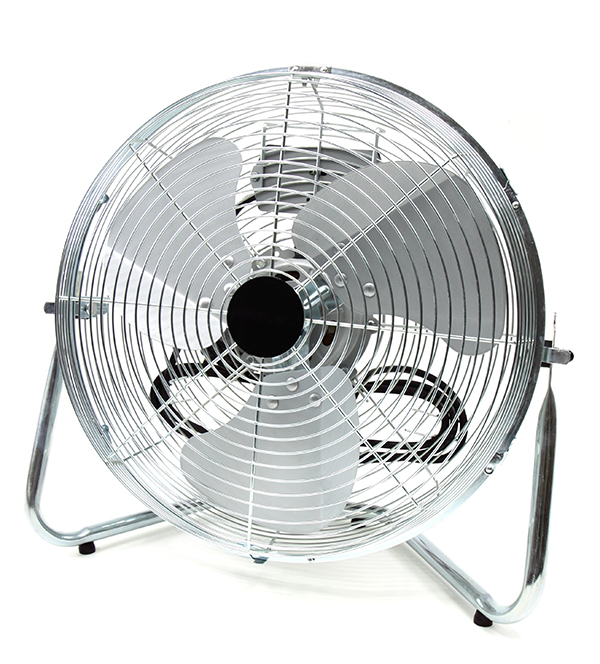
We hope you enjoy a bite-free bug season!
We are a participant in the Amazon Services LLC Associates Program, an affiliate advertising program designed to provide a means for us to earn fees by linking to Amazon.com and affiliated sites.

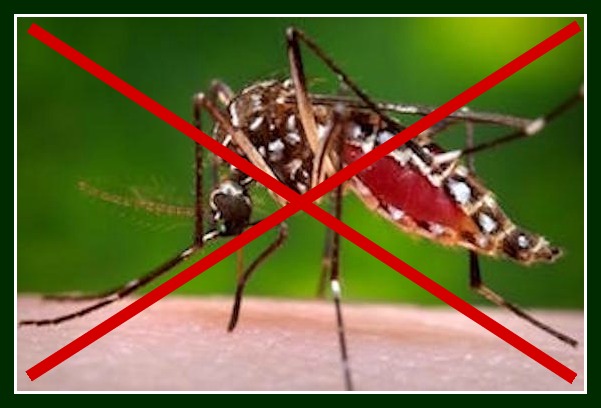
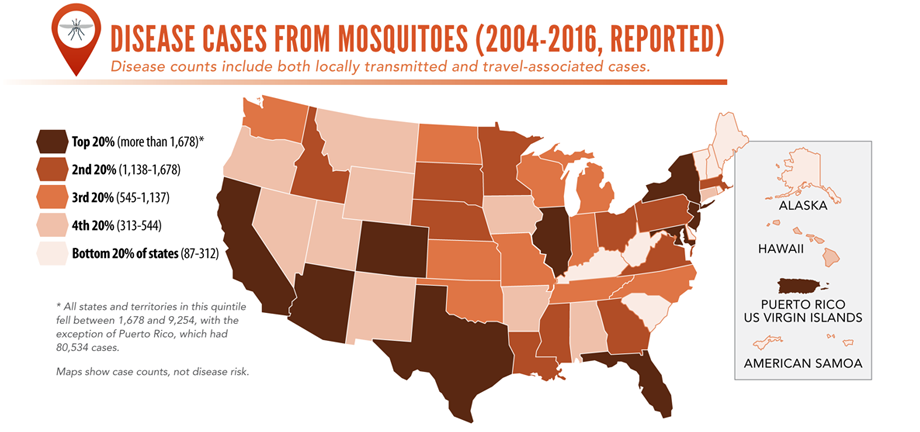
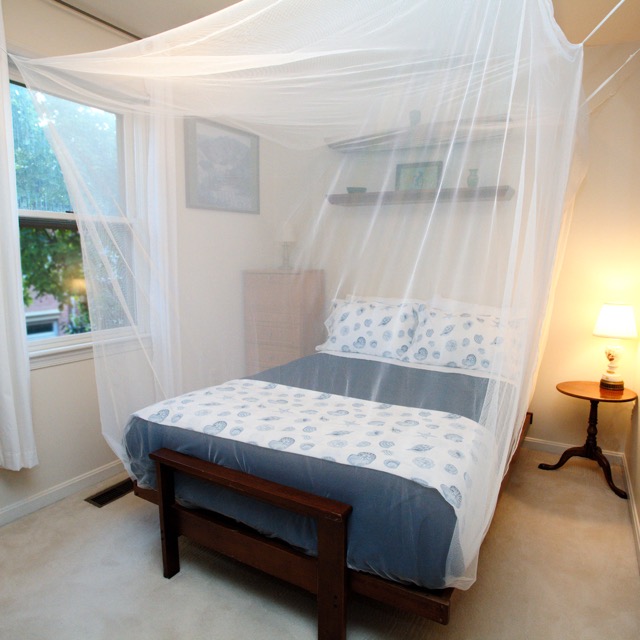
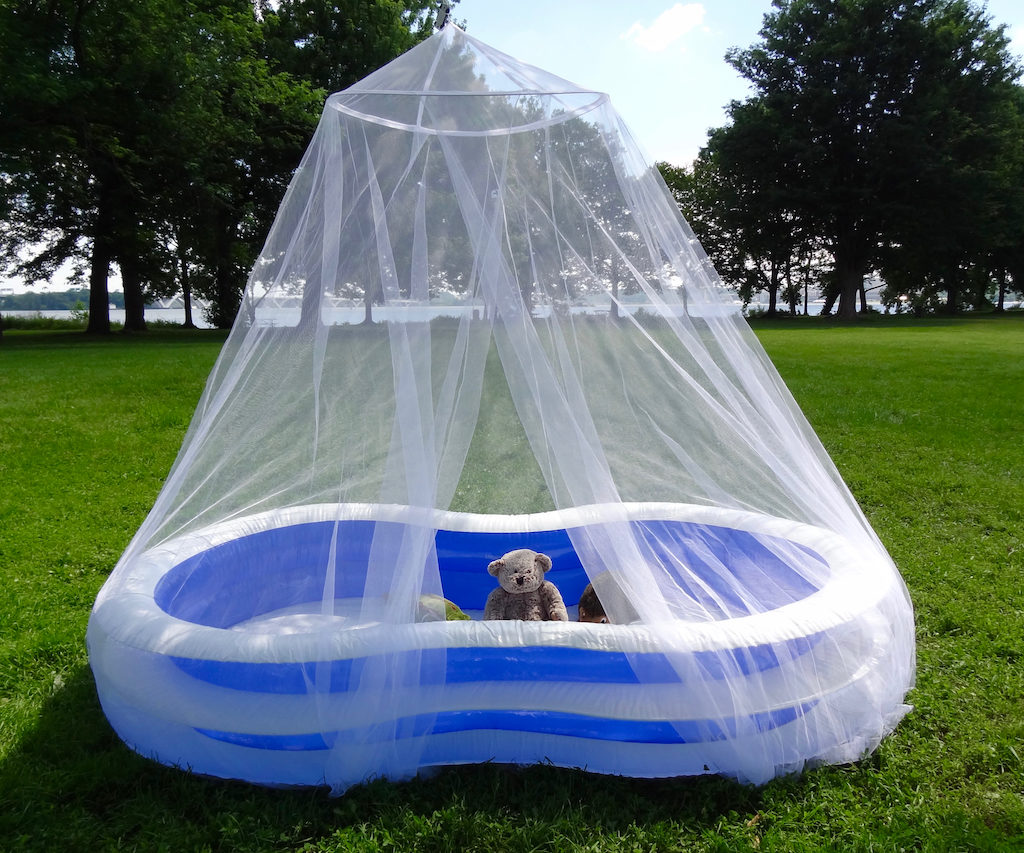
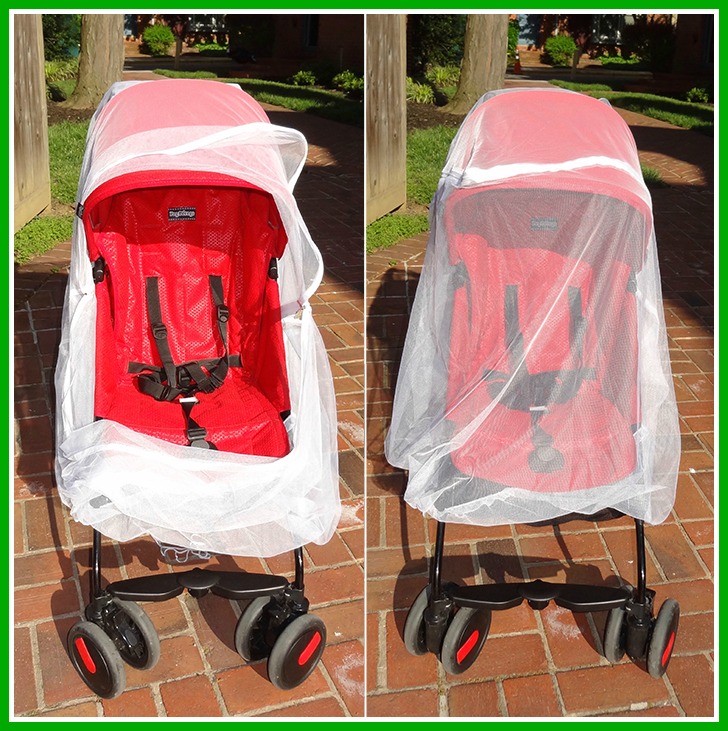
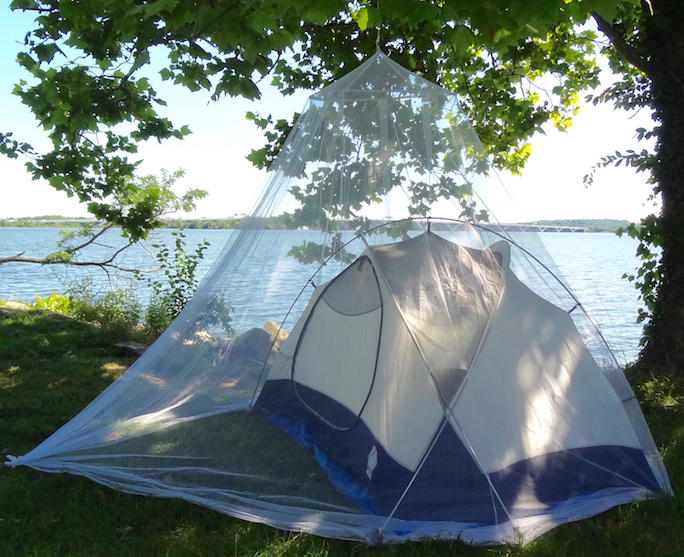
1 Comment
Leave your reply.